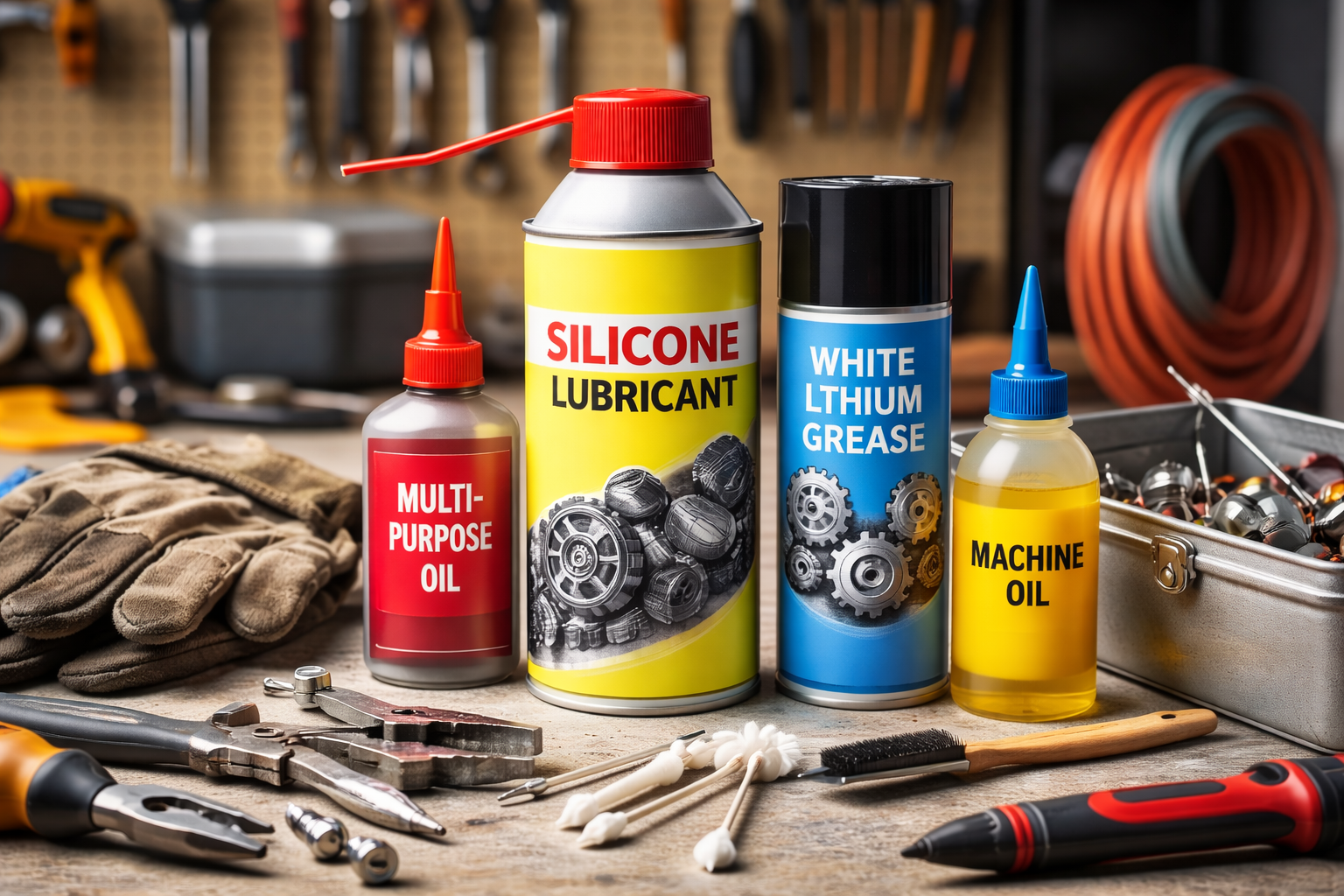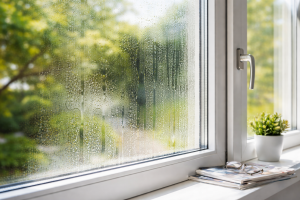The Importance of Proper Lubrication: Tips for Effective Maintenance
Proper lubrication is essential for maintaining the functionality and longevity of various mechanical systems and household items such as sliding glass doors. While it may be tempting to reach for a can of WD-40 as a universal lubricant, not all applications benefit from its use. In this article, we’ll explore the importance of using the right lubrication for different purposes and highlight the benefits of alternative lubricants, such as aluminum wax spray, for specific applications such as in sliding glass door repair services.
Understanding Lubrication:
Lubrication is the process of reducing friction between moving parts by applying a lubricant. This helps prevent wear and tear, reduces heat buildup, and prolongs the lifespan of mechanical components.
Common Lubrication Mistakes:
- Using WD-40 for Everything: While WD-40 is a versatile product that can loosen rusted parts and displace moisture, it is not a long-term lubricant. Its thin, volatile formula evaporates quickly, leaving behind little to no lubrication. Using WD-40 on door hinges, window tracks, or other moving parts may provide temporary relief but won’t provide lasting protection against friction and wear.
Choosing the Right Lubricant:
For Doors and Windows: When it comes to lubricating door hinges, window tracks, and sliding mechanisms, it’s important to choose a lubricant that provides long-lasting protection and smooth operation. Aluminum wax spray is an excellent choice for these applications. Its low-friction formula adheres to surfaces and forms a durable coating that resists moisture and corrosion. Additionally, aluminum wax spray doesn’t attract dust or dirt, making it ideal for use in household settings.
For Automotive Applications: In the automotive industry, lubricants play a crucial role in maintaining engine performance, reducing friction in moving parts, and preventing corrosion. Engine oil, transmission fluid, and grease are commonly used lubricants for automotive applications. It’s essential to use the correct lubricant specified by the manufacturer and adhere to recommended maintenance intervals for optimal performance and longevity.
For Machinery and Equipment: Industrial machinery and equipment often require specialized lubricants tailored to specific operating conditions and performance requirements. Greases, oils, and synthetic lubricants are commonly used to lubricate bearings, gears, chains, and other components. Proper lubrication is essential for minimizing downtime, reducing maintenance costs, and maximizing productivity in industrial settings.
Best Practices for Lubrication:
Clean Surfaces: Before applying lubricant, ensure that the surfaces are clean and free of dirt, debris, and old lubricant residues. Use a solvent or degreaser to remove any buildup that may interfere with lubrication.
Apply Sparingly: Use lubricants sparingly to avoid excess buildup, which can attract dirt and cause gumming or clogging of moving parts. A thin, even coat of lubricant is usually sufficient to provide adequate protection and smooth operation.
Regular Maintenance: Incorporate lubrication into your regular maintenance routine to keep moving parts operating smoothly and prevent premature wear and failure. Check manufacturer recommendations for lubrication intervals and product compatibility.
Conclusion:
Proper lubrication is essential for maintaining the performance, reliability, and longevity of mechanical systems and household items. By choosing the right lubricant for each application and following best practices for lubrication, you can minimize friction, reduce wear and tear, and ensure smooth operation for years to come. Remember to avoid common lubrication mistakes, such as using WD-40 as a universal lubricant, and opt for specialized lubricants, such as aluminum wax spray, for specific applications like doors and windows. With the right approach to lubrication, you can protect your investments and enjoy trouble-free operation of your equipment and household items.






